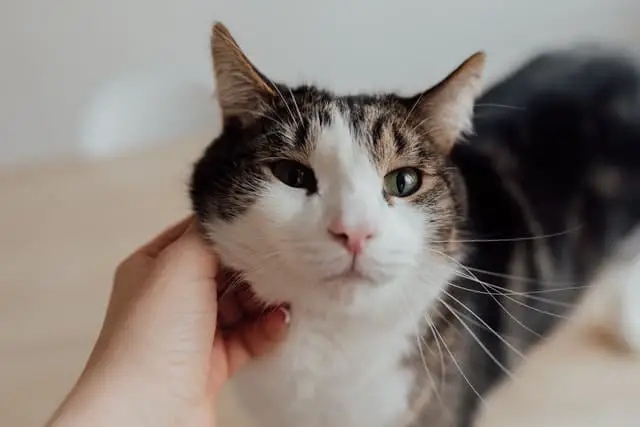
Diet for the epileptic cat? An important cure for the animal suffering from a crisis. Let’s try to understand the power of the right diet for the feline who has this serious disease.
There are still too many people who underestimate the power of good and proper nutrition for their pet. Every creature, especially if affected by a serious pathology, needs a careful diet consisting of foods chosen for their beneficial properties. Food, with medicine, can be an excellent ally in the fight against disease. Let’s see how important the role of the diet is for the epileptic cat.
Diet for the epileptic cat
Epilepsy is a terrible disease that, unfortunately, also affects our animal friends and is very common in cats. An epileptic feline must be treated in every aspect of its life and its nutrition plays a key role in the path of the fight against this pathology. We read better here in the article.
The life of the epileptic cat is very complicated, very often the victim of convulsions and other symptoms such as difficulty walking, loss of balance and muscle stiffness. The condition of the sick feline must be supported in every way by its owner and the veterinarian who takes care of it.
The epileptic cat needs a peaceful life in a peaceful environment free of constant noise and stress, as seizures occur suddenly and there must be as few dangers as possible around him.
The cat also has difficulty drinking and eating, and once the treatment prescribed by the doctor who examined it has begun, it may tend to gain weight, since a drug used to treat epilepsy is phenobarbital, which stimulates the thirst and appetite in the furry. From then on you will have to pay close attention to your diet.
Structuring a natural and healthy diet
It must be a regularity to ensure the epileptic cat a healthy and balanced diet, an aspect of his life that is often forgotten or treated sufficiently. Its diet should be low in complex carbohydrates, such as pasta, rice and potatoes, and instead focus on protein intake, referring to meat, offal and eggs.
The diet for the epileptic cat must also be balanced on the right amount of fiber, essential omega – 3 fatty acids, fats, vitamins A and C. Furthermore, supplementing with turmeric can give great benefits to the hairy, who will not experience any side effects. These natural and healthy substances can help him a lot during his treatment and fight with more energy against epileptic seizures.
The feline and epilepsy: useful and effective advice

It is difficult for the epileptic feline to endure sudden fits and convulsions. When they occur in the animal, it is good to know what is happening and the effects that can be in him at that moment. Here are some useful tips on how to intervene to support your cat when he needs help.
You cannot predict your cat’s seizures and cannot be avoided either. For this reason it is absolutely important to ensure a safe home environment for the cat, free from any kind of danger (sharp objects, obstacles, noisy objects or with disturbing sounds).
We must make sure that the feline does not wander in dangerous areas of the house when it is alone, such as the stairs, perhaps using nets to avoid the passage when it cannot be kept an eye on. Seizures in cats can have other serious symptoms such as loss of coordination in cats and severe muscle spasms.
In the event of an epileptic seizure, it is advisable to turn off all electronic devices (television), turn off the music and turn off the lights that can further damage the animal. Also, it’s a good idea to provide a soft pillow in your cat’s favorite spot to ensure a light fall should he get sick.
For any doubts about the general and nutritional care of your epileptic feline, it is always advisable to consult your doctor, who will be able to follow his situation and accompany him on his long journey.






